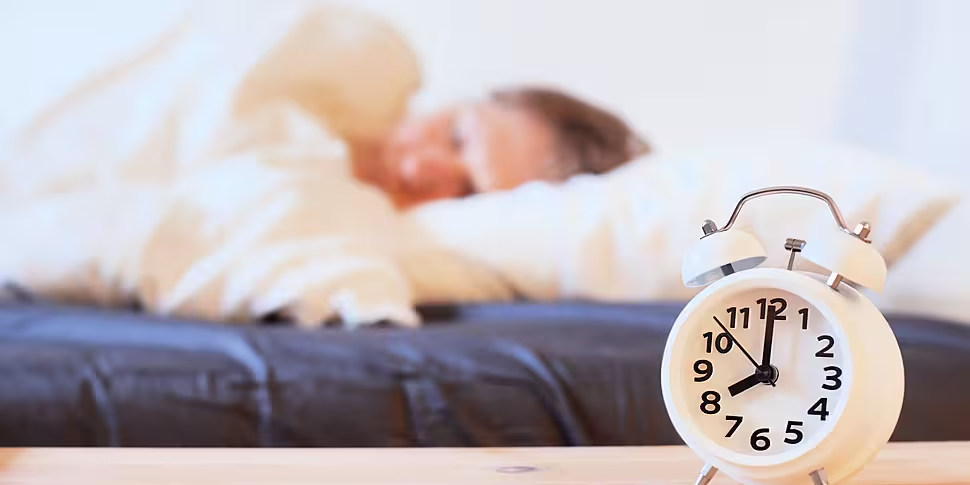Teenagers should start school later in the day as they need more sleep than the rest of us, an expert has said.
It comes as a number of schools in Denmark trial later start times for teenage pupils.
Some 20 schools are taking part in the experiment.
Royal College of Surgeons Professor Annie Curtis told Newstalk Breakfast there is science behind the idea.
"Teenagers, their body clock shifts a little later," she said.
"When we're born and when we're children, our preference is to wake up quite early.
"Then as the child goes into their adolescence their body clocking actually shifts later."
'Getting up far too early'
Prof Curtis said the changes mean melatonin - a hormone that occurs naturally in your body - isn't being released until later in the night.
"When you ask a teenager at 10pm to go to bed they might say, 'I'm not tired yet' - they're actually probably correct," she said.
"When you go into your 20s and 30s then we start to move back to where we were.
"An issue with school times is that many schools are starting at about maybe 8am... what's happening is teenagers are getting up far too early for their own body clock.
"It's reducing the amount of time that they can sleep."
'Lots of changes'
Prof Curtis said a good night sleep can lead to all-round improvements.
"What they've shown in these studies is that if you allow adolescents to have the right amount of sleep ... lots of things change," she said.
"The likelihood of risk-taking behaviours like bullying and fighting decrease, unhealthy behaviours like smoking and alcohol intake decease.
"Our teenage population are probably the most sleep deprived because we are forcing them to work in a schedule that's very outside of their own internal body clock".
Prof Curtis said even though those aged 12 to 18 are most affected, we could introduce changes at an earlier age.
"Even to do it a little bit earlier is good because it starts bringing in that sort of structure into an individual's life that they can really latch on to if it work well for them," she said.
Prof Curtis added that teenagers need about eight to 10 hours of sleep per night.
Listen back here:









